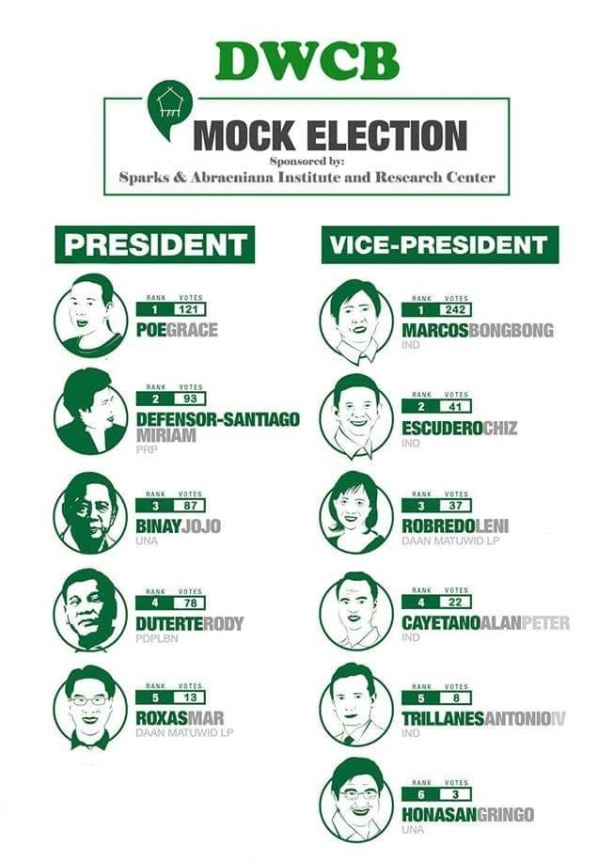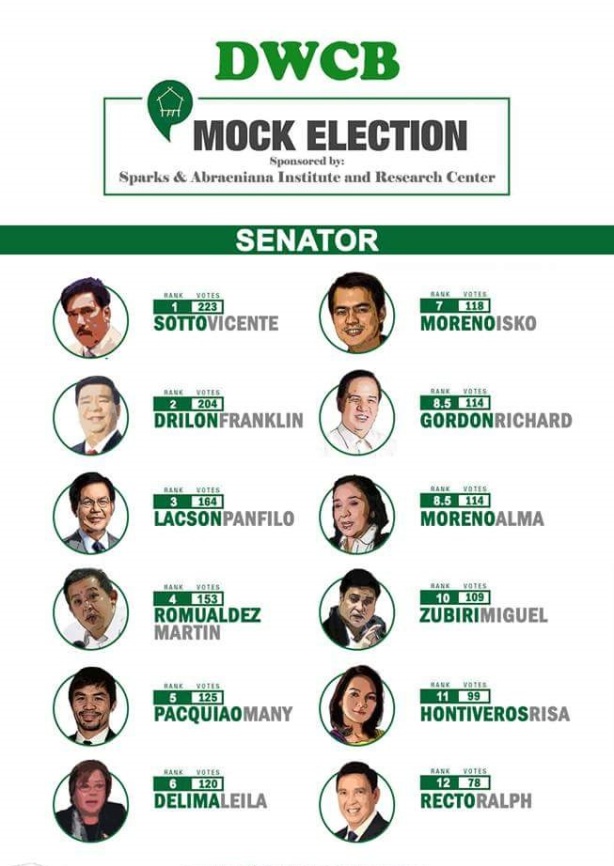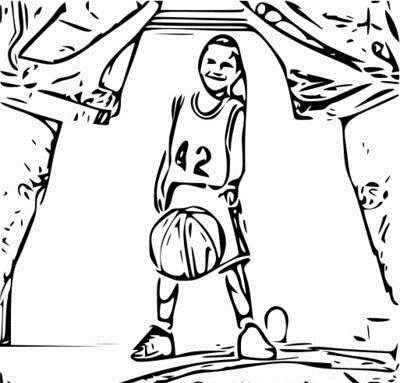By Ethel Monique T. Domingo
Published article: SPARKS June-October 2015 issue
The film Heneral Luna is not some ordinary movie that we see in the mainstream today. Undeniably, it has a dazzling portrayal of the Filipino character that includes both the admirable side and the malevolent one. The movie makes a certain connection with its viewers as it reminds all of us of the value of love of country and of what makes this nation fail. Jerrold Tarrog and everyone else behind Heneral Luna have put some more gas to a debate that has been going on for decades to date: Who really is to be blamed?
Watching the film made my friends and I realize that we were seeing history, something that we never learned from Zaide. We watched bits of history that were not given prominence in any of the books Zaide wrote. We really did have our hearts and conscience pierced by the events in history we never knew happened at all. And by the end of the film, we found ourselves crying as we saw the torture that Gen. Antonio Luna endured before it actually took away his life. Then one of my friends asked me, “So, who really killed Gen. Luna?” To be honest, I too was confused. Was it Gen. Emilio Aguinaldo? The soldiers of Kawit? His fellow generals? Who really did it? It took me so long to find an answer but I have realized something that could blur the lines dividing uncertainty and understanding.
Who killed Gen. Luna? You and I did; we, the Filipinos, did. We are to be blamed as to this dark period of history, in the same way that we are to be blamed in the issues that haunt us today. These issues are ones that not only concern the country at large but also ones that reach each of us on a personal note, our relationships with other people, our school, our organizations, and our own battles. In this institution, all we should learn from Heneral Luna are lessons that can make us better Divinians, better citizens, let alone better persons.
Stand up for your own principles. Heneral Luna wants to teach us the value of having principles in life to stand up for. Gen. Antonio Luna did not bother pleasing anyone or saying yes all the time because he thought of the bigger picture: what there is to do for his country to be free. Many years since his death, his memories aim to tell us that we cannot just live each day bowing down or nodding our heads. Eventually, we have to learn to stand up and fight for what we think is right even if there is a bunch of cowards telling us not to. If it is for the better, why not fight for it? In reality, a man is defined by his principles and not by the number of people he pleases by saying yes all the time. Who knows? Maybe having some guts to stick to our beliefs and fight for them in a place where everyone is too afraid to think outside the box is the answer to this long overdue struggle.
Fight for your beliefs but do not let selfish reasons overwhelm you. Aside from the heroic acts of Gen. Luna, the film is also capable of giving the audience a glimpse of the political squabble amongst Filipino leaders. The film reminds us of the time of the Spaniards and later of the Americans when Filipino leaders and other prominent figures put a premium to enriching themselves rather than fighting for our freedom against our colonizers. During that time, many rich men were hesitant to revolutions because having Americans rule the country would entail success to their businesses. They indeed fought for such belief but that was one belief that ruined our fight for independence. Today in contemporary battles, we still find people who do something only for themselves and not for the greater good. With these people driven by their selfish interests, the battle is as hard for us as it was for Gen. Luna. Progress is hampered by individuals who are blinded by their greed of something – money, fame, position, superiority, power, self-gratification, and others. If we continue to possess this attitude, Gen. Luna would always be right about us. He once said, “Filipinos have a bigger enemy than the Americans, and it would be themselves. If in this institution exist individuals who let self-interest get the best of them, it is not far that we say, “Divinians have a bigger enemy than any other, and it would be ourselves.”
We have to make peace with each other because no one else will do it for us. When Gen. Luna was assassinated, the American troops rejoiced, knowing that the general was a threat to their acquisition of power. “What stupidity it is to kill your best general,” said one of the American soldiers then. If we all watch the movie, we would all see how chaotic and unorganized our system of government was back then. The President, his Cabinet, soldiers, and ordinary citizens – they argued and fought a lot, as if the Americans were not enough enemies. Today, this chaos still exists in whichever system we talk about – the national government, local government, organizations, and even schools. Heneral Luna wants to teach us the value of cooperation and peace. Without these two, it is impossible to be free from the shackles that we make for ourselves. If you ask me, for DWCB to be free from its own jail and nightmare, teachers, students, and all stakeholders must understand why it is necessary to maintain good relationships with each other. DWCB is our common home, which means we all have the responsibility to create peace and cooperation, rather than cast a poisoning spell on her. If we do not do it for us, who else will? If we do not do it, we will only end up assassinating each other, not in the way Gen. Luna was, but in the manner known to a new battlefield with a different kind of engagement. No more guns and bombs, only degrading words and questioning of reputation.
The role of the youth in any system has never been more crucial. Heneral Luna also seeks to reach young audiences and make them aware of their potential in nation-building. When I saw the film, the young and inquisitive journalist named Joven immediately caught my attention. “Joven” means “youth” in Spanish. I then had the impression of him being a symbolic character. Joven was shot twice by the Americans – first, a quick shot on his writing hand; and second, a deafening shot near his ear. This symbolism poses a challenge to the Jovens of this generation. Do we still stay deaf to the pleas for change? Do we still let fear hinder our freedom of expression? Divinians have to be up for the challenge. We cannot turn a blind eye to what is clearly wrong or an injustice. We cannot play deaf when our society, let alone our school, calls for us to bring about change. We cannot let anyone infringe our right to express. It is time that we learn to ask why when people want us to keep our mouths shut or do something against our own line of thinking. In the process of doing our part to bring about change, we may also be shot like Joven, not by the Americans’ bullets but by some other people’s weapon. In the event that it happens, we should be proud that at least once in this lifetime, we actually did not shy away from fighting for something worthy and righteous.
Change is something that we need drastically. For people who have seen the film and also those who have yet to see it, it is important to know that the bigger picture does not only mean hating Gen. Aguinaldo or admiring Gen. Antonio Luna. In truth, the bigger picture is a tale of history having lessons that concern us all, lessons which apparently we have yet to apply. Heneral Luna suggests that we stop ignoring these lessons so that we could come out on the end other side better persons. The film reminds us of ills and weaknesses which have existed in the Philippines for what is now a long period of time. Many problems faced by Gen. Luna and all his contemporaries are ones we are still facing today. There is corruption. There is social clash. There is a question on integrity and service. There is disunity. Yes, times have changed and passed by too fast but the struggle remains. With all these said, we imply that change is something that all of us have to embrace. We have to change the way we perceive things and the way we respond to issues. Yet another change we have to focus on is the way we regard ideas, ideals, and principles – it should be in a way that we consider them more while our clashes and rivalries very little.
The truth is, we may be in a position like anyone in the film: Gen. Luna, Gen. Aguinaldo, the young Joven, the military men, the rich men, or the ordinary Filipinos at the time. But at the end of the day, it does not really matter whoever and whatever we are. What matters is the role we have to play in bringing about desirable change and how well we are able to play such role. And at this very moment, we should be ready to play whatever role is inferred from our existence. All these are lessons from Heneral Luna, lessons we must live by and accept.





 Sparks canvassed the votes last May 18 and posted the results in front of the Sparks Office and the SASE (School of Arts, Sciences, and Education) Department two…
Sparks canvassed the votes last May 18 and posted the results in front of the Sparks Office and the SASE (School of Arts, Sciences, and Education) Department two…
